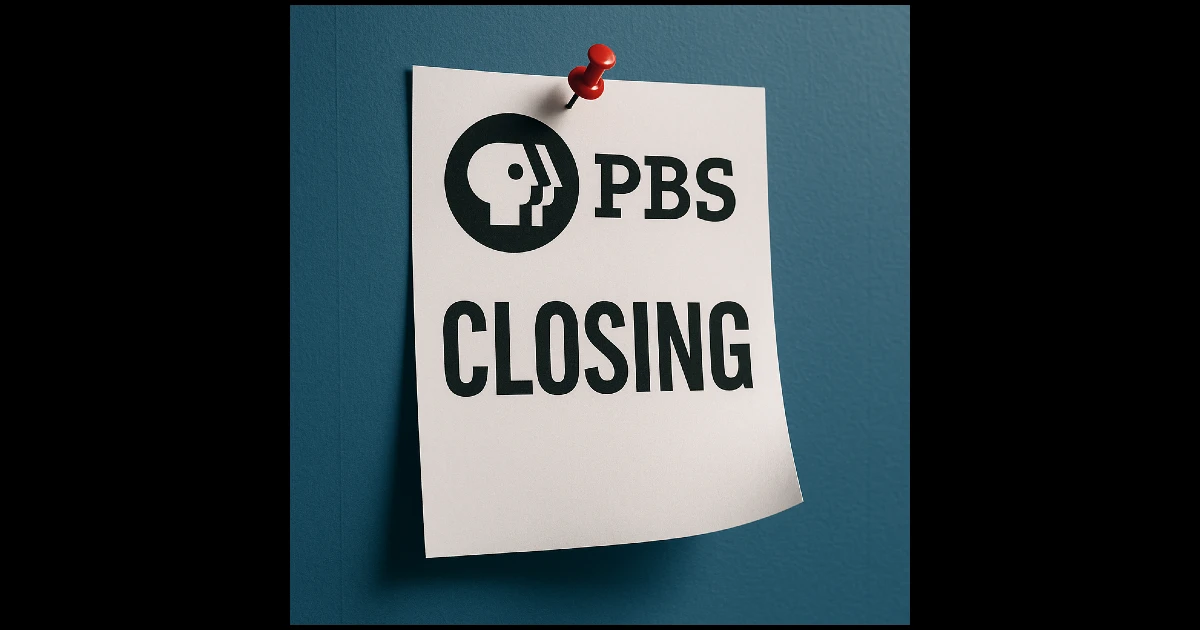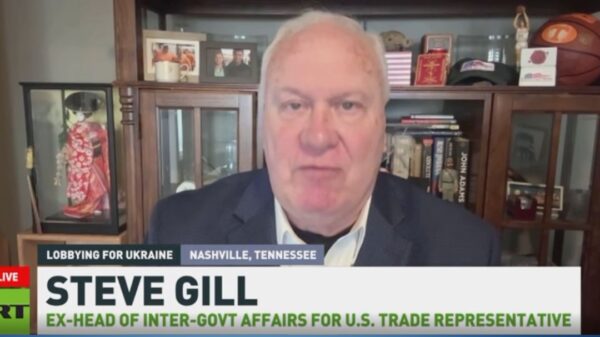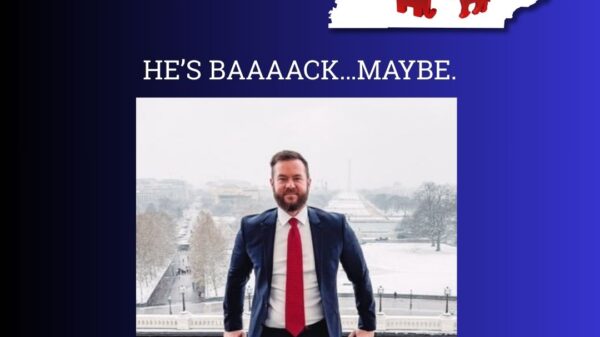The Corporation for Public Broadcasting (CPB) announced Friday it would be taking steps toward its own closure after being defunded by Congress — marking the end of a nearly six-decade era in which it fueled the production of liberal educational programming, left-leaning cultural content and some emergency alerts.
The demise of the CPB is a direct result of President Donald Trump‘s targeting of taxpayer-funded liberal public media, which he has repeatedly said is spreading political and cultural views that are antithetical to American values.
CPB helps fund both PBS and NPR, but most of its funding is distributed to more than 1,500 local public radio and television stations around the country.
The corporation also has deep ties to left-leaning media like NPR’s “All Things Considered” and the documentaries of Ken Burns.
The corporation said its end, 58 years after being signed into law by President Lyndon B. Johnson, would come in an “orderly wind-down.” In a statement, it said the decision came after the passage of a package through Congress that clawed back its funding for the next two budget years — approximately $1.1 billion. Then, the Senate Appropriations Committee reinforced that policy change Thursday by excluding financing of the corporation for the first time in more than 50 years as part of a broader spending bill.
“Despite the extraordinary efforts of millions of Americans who called, wrote, and petitioned Congress to preserve federal funding for CPB, we now face the difficult reality of closing our operations,” said Patricia Harrison, the corporation’s president and CEO.
Democratic members of on the Senate Appropriations Committee made a last-ditch effort last week to save the CBP’s funding.
As part of Thursday’s committee deliberations, Sen. Tammy Baldwin, D-Wis., authored but then withdrew an amendment to restore CPB funding for the coming budget year. She said she still believed there was a path forward “to fix this before there are devastating consequences for public radio and television stations across the country.”
“It’s hard to believe we’ve ended up in the situation we’re in,” she said. “And I’m going to continue to work with my colleagues to fix it.”
But Sen. Shelley Moore Capito, R-W.Va., sounded a less optimistic tone.
“I understand your concerns, but we all know we litigated this two weeks ago,” Capito said
“Adopting this amendment would have been contrary to what we have already voted on.”
CPB said it informed employees Friday that most staff positions will end with the fiscal year on Sept. 30. It said a small transition team will stay in place until January to finish any remaining work — including, it said, “ensuring continuity for music rights and royalties that remain essential to the public media system.”
“Public media has been one of the most trusted institutions in American life, providing educational opportunity, emergency alerts, civil discourse, and cultural connection to every corner of the country,” Harrison said. “We are deeply grateful to our partners across the system for their resilience, leadership, and unwavering dedication to serving the American people.”
NPR stations use millions of dollars in federal money to pay music licensing fees. Now, many will have to renegotiate these deals. That could impact, in particular, outlets that build their programming around music discovery. NPR President and CEO Katherine Maher estimated recently, for example, that some 96% of all classical music broadcast in the United States is on public radio stations.
Federal money for public radio and television has traditionally been appropriated to the Corporation for Public Broadcasting, which distributes it to NPR and PBS. Roughly 70% of the money goes directly to the 330 PBS and 246 NPR stations across the country.
Other operations, including Nashville Public Media, Louisville Public Media and KUOW in Seattle, say they are seeing a big surge in donations in response to the cuts.
Trump and his conservatives be allies in Congress have argued that public media — especially NPR — is unfair to conservatives and a waste of taxpayer money. Both NPR and PBS have denied bias. Nevertheless, their bias has been well-documented for years.
















